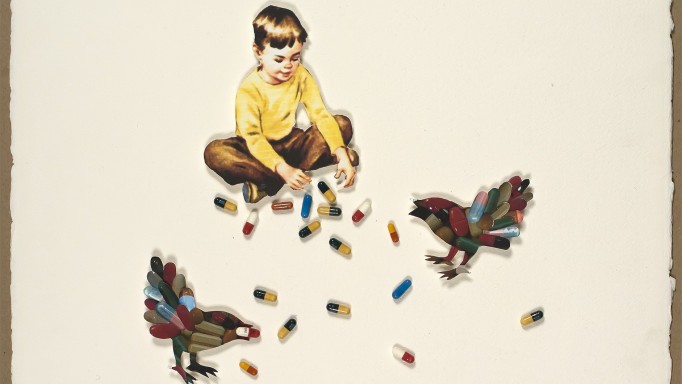HIV can have a wide range of symptoms, depending on the stage of disease. People who start antiretroviral treatment promptly and maintain good adherence can live for decades with few or no symptoms.
A majority of people who recently acquired HIV—known as acute infection—experience some flu-like symptoms, dubbed acute retroviral syndrome. These may include:
- Fever
- Chills
- Night sweats
- Rash
- Fatigue (excessive tiredness)
- Swollen lymph nodes
- Muscle aches
- Nausea or diarrhea
- Mouth and genital ulcers
These symptoms usually develop within two to four weeks after exposure as the immune system fights the virus and seroconversion occcurs (when a person develops antibodies and goes from being HIV-negative to HIV-positive). In rare cases, they may occur within a few days after exposure. During this time, HIV viral load is often high, meaning a person can more easily pass the virus on to others.
Symptoms of acute HIV infection vary in severity. Some people don’t have any obvious symptoms, others have symptoms so mild they’re hardly noticeable and some have symptoms severe enough to warrant seeing a doctor.
The symptoms of acute HIV infection are the same as those of many other conditions, so it’s important to get an HIV test if you think you might have been exposed. Visit the POZ Health Services Directory and type in your ZIP code to find a testing site in your area.
Symptoms of acute infection usually go away after a week or two, but HIV stays in the body. While some people can live with HIV for many years with only mild or nonspecific symptoms, the virus is still damaging the immune system and contributing to other health problems. If you test positive, talk to a health care provider about starting antiretroviral treatment.
Last Reviewed: March 1, 2023














